This year is the centennial of the Great War, which in later years was demoted to World War One. The Great War did not occur in a vacuum. Scholars today suggest the Russo-Japanese War of 1904-1905 was a sort of World War Zero setting in motion the currents that led to World War One. One wonders if historians centuries from now will see all the wars of the 20th century as a single Great War, the way we now understand the Hundred Years War or the Eighty Years War.
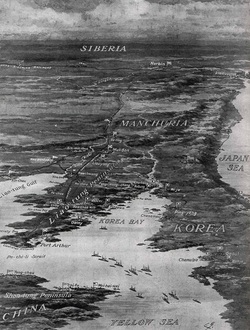
February 6, 1904: Russian forces cross the Yalu River into Korea.
February 7: Japanese cavalry cuts telegraph lines to the Russian naval base at Port Arthur (Lushun) on the Liaodong Peninsula.
February 8: A Japanese naval task force enters the harbor at Chemulpo (Inchon), Korea, disembarking infantry to seize Seoul.
February 9: In a surprise night attack, Japanese torpedo boats attack Russian battleships. at anchor in the Port Arthur naval base. Japanese cruisers at Chemulpo sink two Russian warships there.
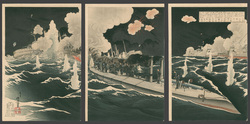
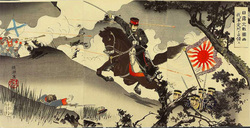
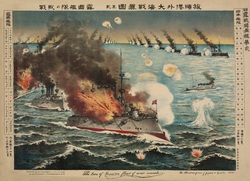
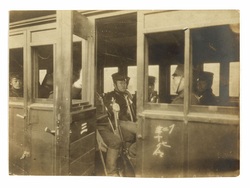
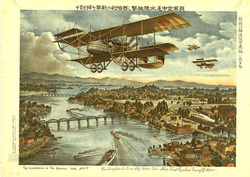
The past demands attention. It’s famously said that the past is a foreign country. That is true, but it’s the unknown country we live in. Somehow the immediate issues of 1914 seem largely closed. No one anticipates another invasion of Belgium. On the other hand, the issues of 1904 seem alive still -- Not just two Koreas, but multiple theories of Korea; disputes over rocky islets and natural resources; borders in dispute, identities in dispute. History’s ghosts sleep very lightly. See for instance this article in The Japan Times:
http://www.japantimes.co.jp/news/2014/02/03/reference/yasukuni-its-open-to-interpretation/#.UvJ67_u4TAo
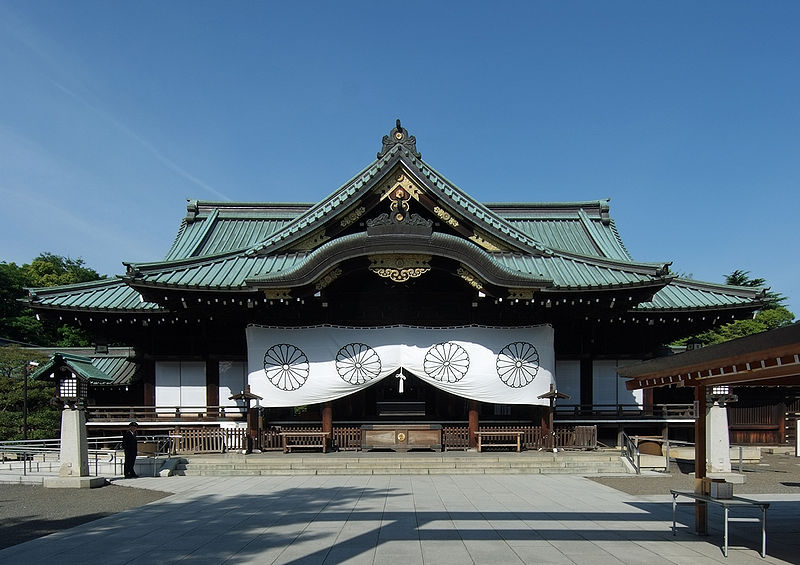

 RSS Feed
RSS Feed